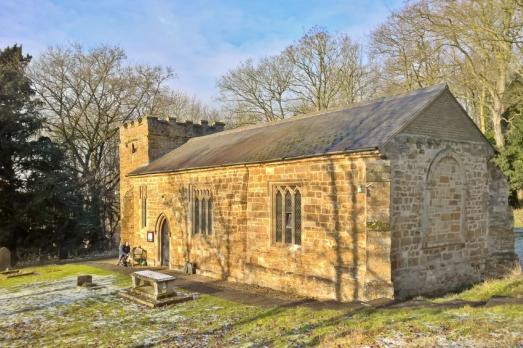
St Margaret
Somerby, Lincolnshire | DN38 6EY
The church sits in a hollow amidst the rolling hills of the Wolds situated between Bigby and Grasby.
Search for a fascinating place to visit, or see the variety of churches, chapels and meeting houses we have supported.

Somerby, Lincolnshire | DN38 6EY
The church sits in a hollow amidst the rolling hills of the Wolds situated between Bigby and Grasby.
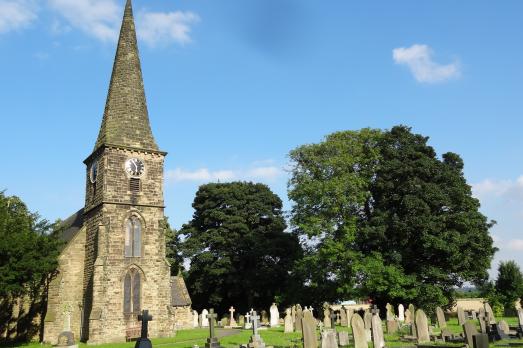
Amcotts, Lincolnshire | DN17 4AL
Built in 1853 is currently housing three exhibitions; the Inclesmoor Embroidery Map, the forgotten village of Amcotts at Flixborough and the award winning Amcotts Butterfly Garden.
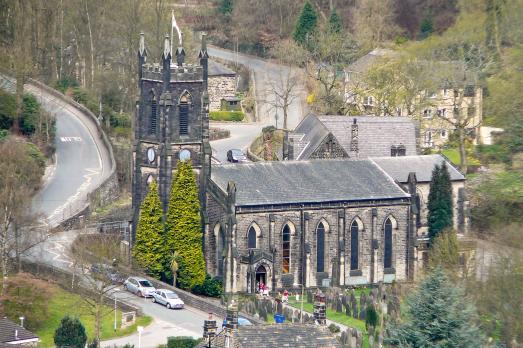
Hebden Bridge, Yorkshire | HX7 6DS
St James the Great, with its Bronte and Anne Lister connections is situated in the beautiful Calder Valley, with its literary and industrial heritage.
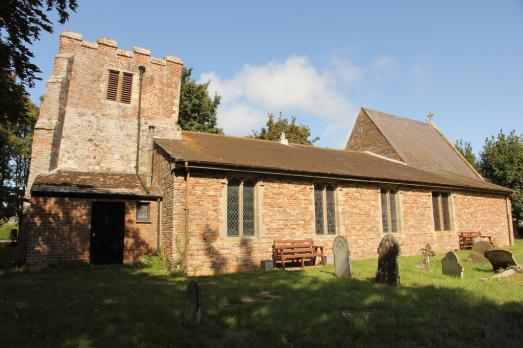
Mablethorpe, Lincolnshire | LN12 2EW
Sir Roger de Montalt, a baron during the reign of Henry VIII, gifted the land on which St Mary's was built.
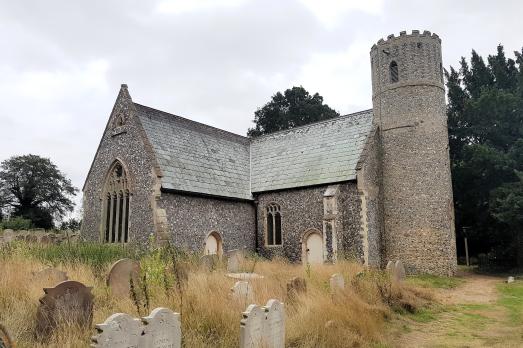
Geldeston, Norfolk | NR34 0LP
Attractive round tower church in peaceful location dating from 1300s with some fine carvings, quality 19th century additions to the chancel and stained glass window by Leonard Walker.
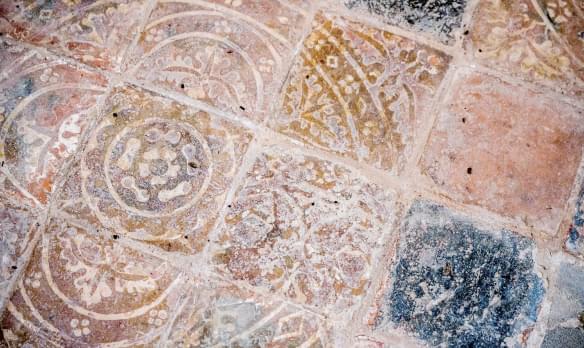
Accrington, Greater Manchester | BB5 3SQ
A warm welcome awaits you.
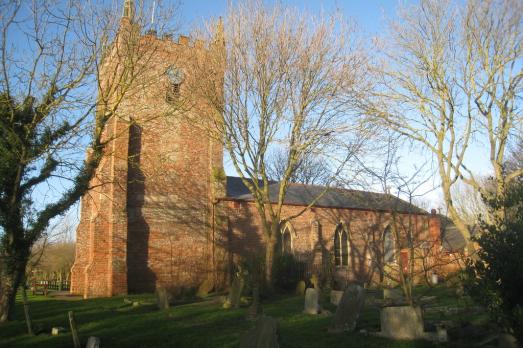
Trusthorpe, Lincolnshire | LN12 2PH
For many years, people have worshipped on the site of St Peter's, in the small, rural village of Trusthorpe and visitors have often remarked on the atmosphere or spirit of the place.
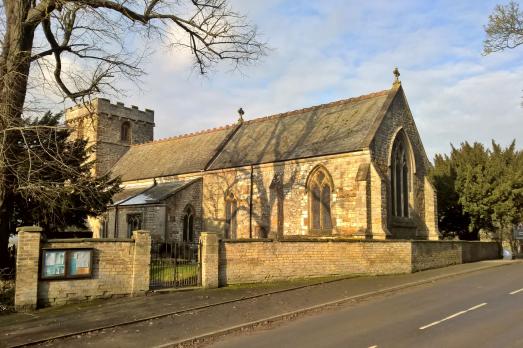
Bigby, Lincolnshire | DN38 6EW
All Saints is a 13th century church restored in 1779 and 1878, it is built of soft stone which in places has eroded to show fossilised remains.
We have supported this church
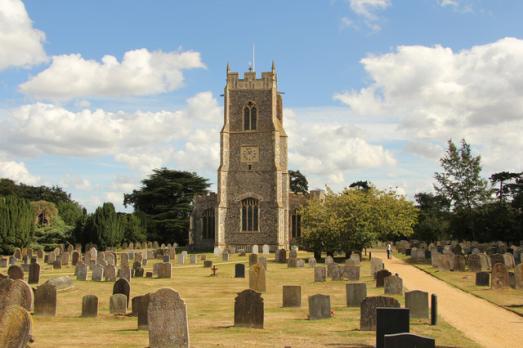
Loddon, Norfolk | NR14 6EY
Loddon is a large village on the River Chet, and its church is a handsome building in a big churchyard just off the High Street.
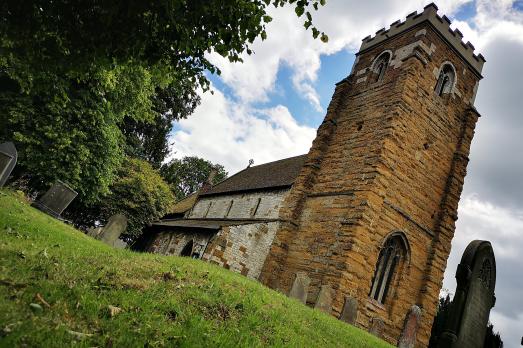
Ludborough, Lincolnshire | DN36 5SH
St Mary church was built c1200 in the Early English style and still has on one of the original window sills scroll work from this era.
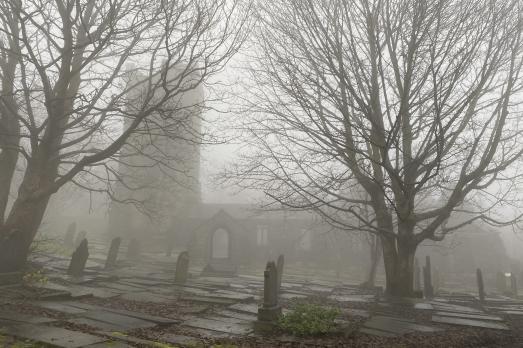
Heptonstall, Yorkshire | HX7 7NT
A lovely place, where American poet Sylvia Plath is buried; the new churchyard was recently used in the filming of the BBC series Happy Valley and the old graveyard in the BBC series The Gallows Pole.
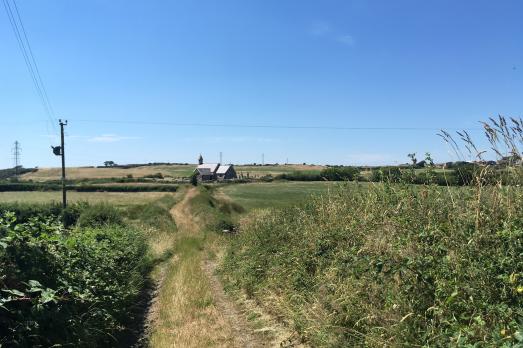
Llanbeulan, Anglesey | LL63 5UR
St Peulan is medieval in origin, and stands in isolation at the end of its raised, grassed, causeway, which turns off the road signposted to Dolbaen.